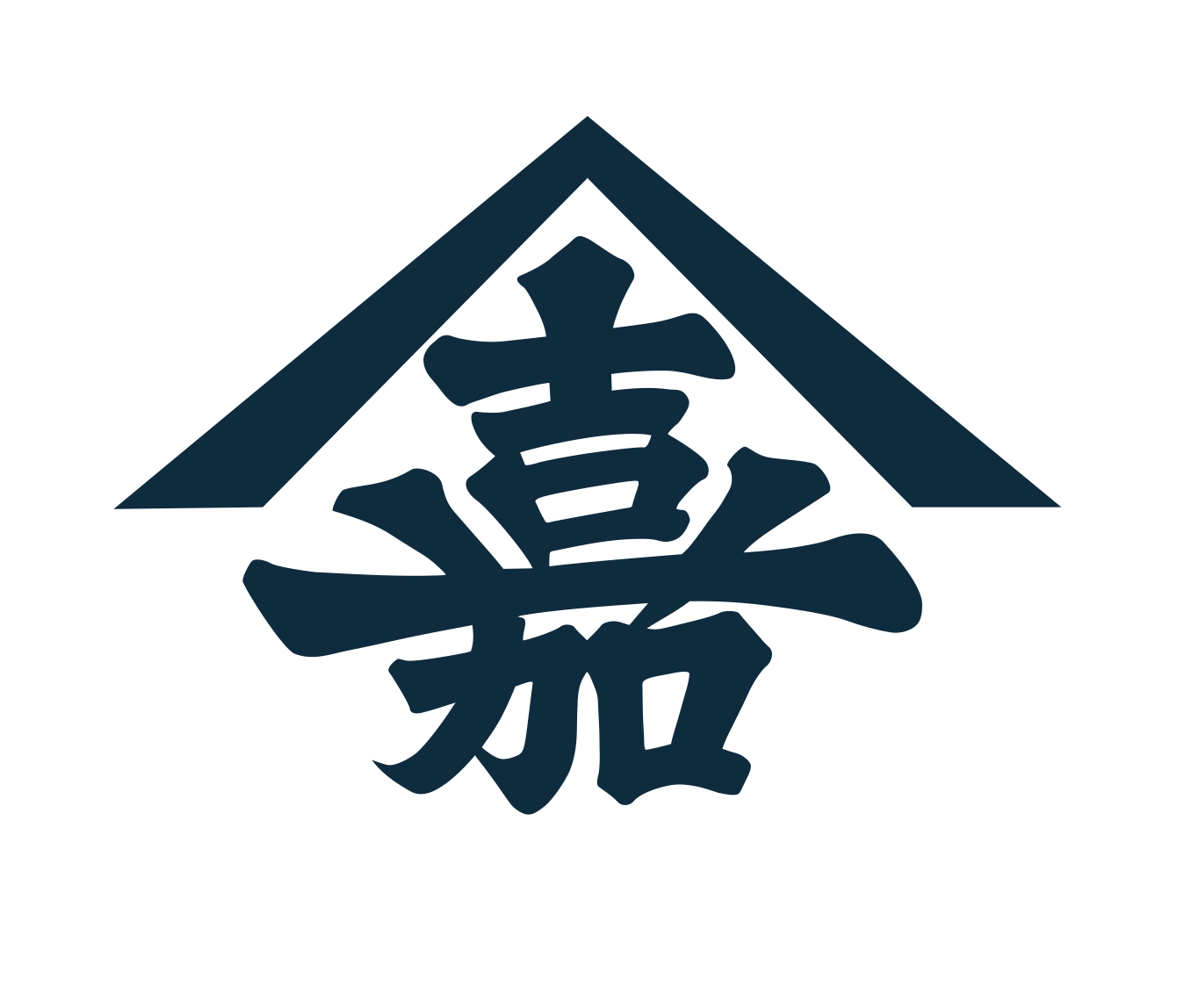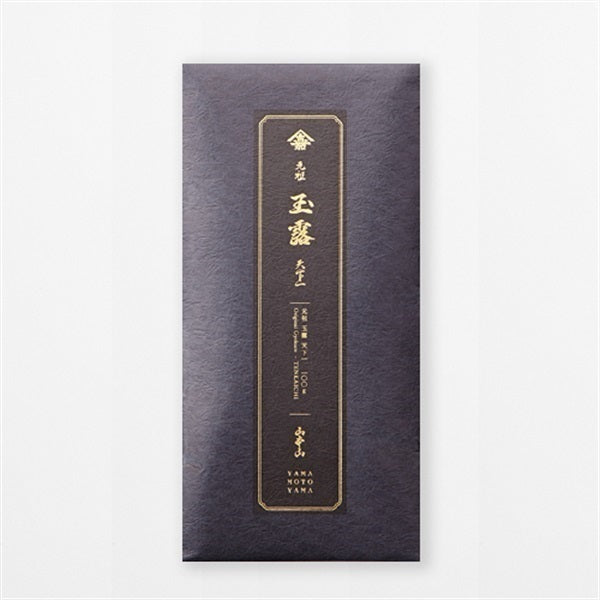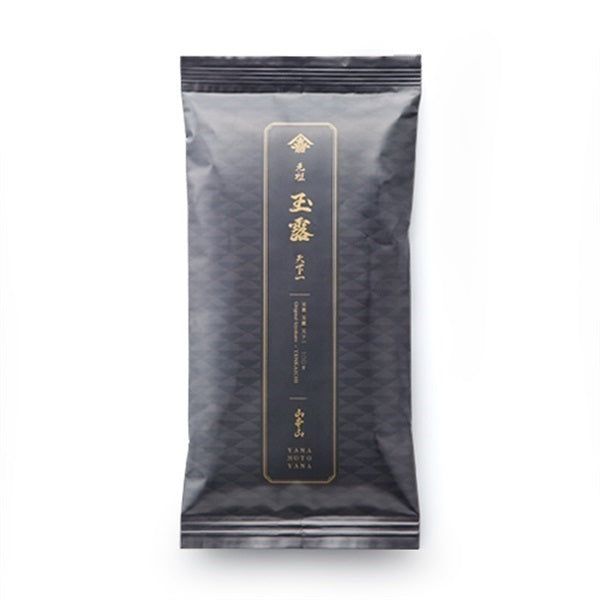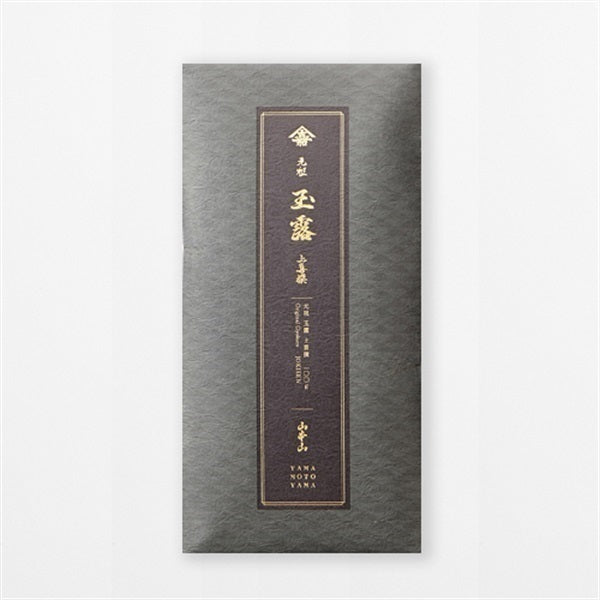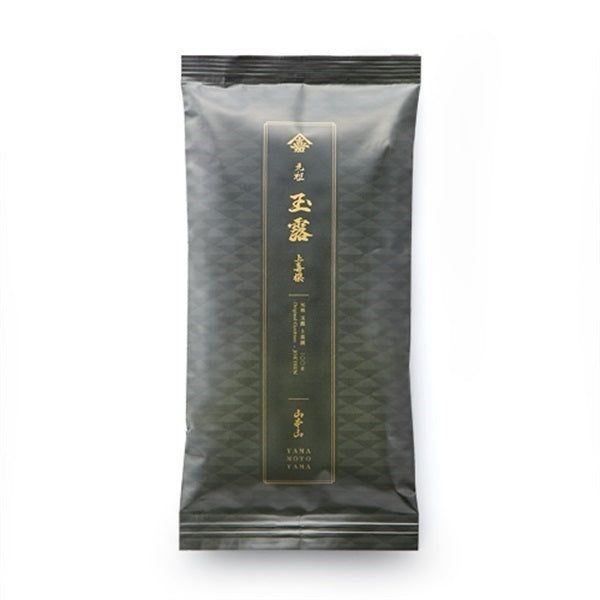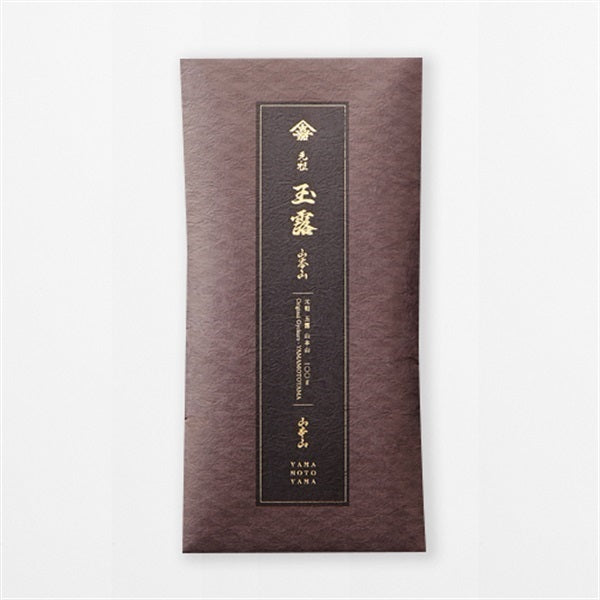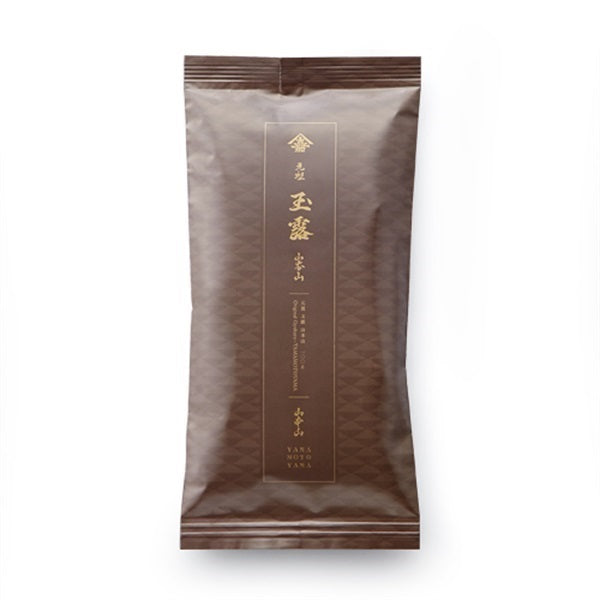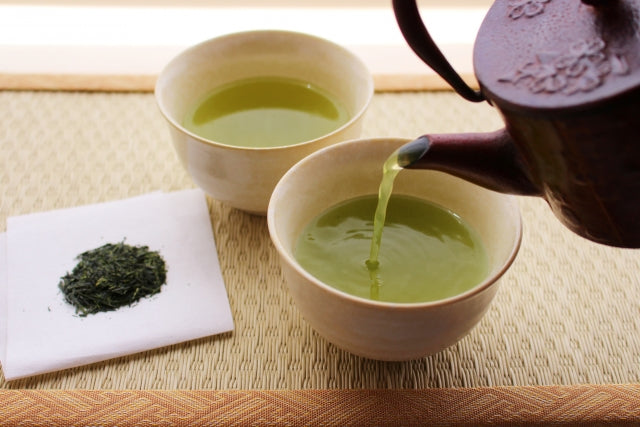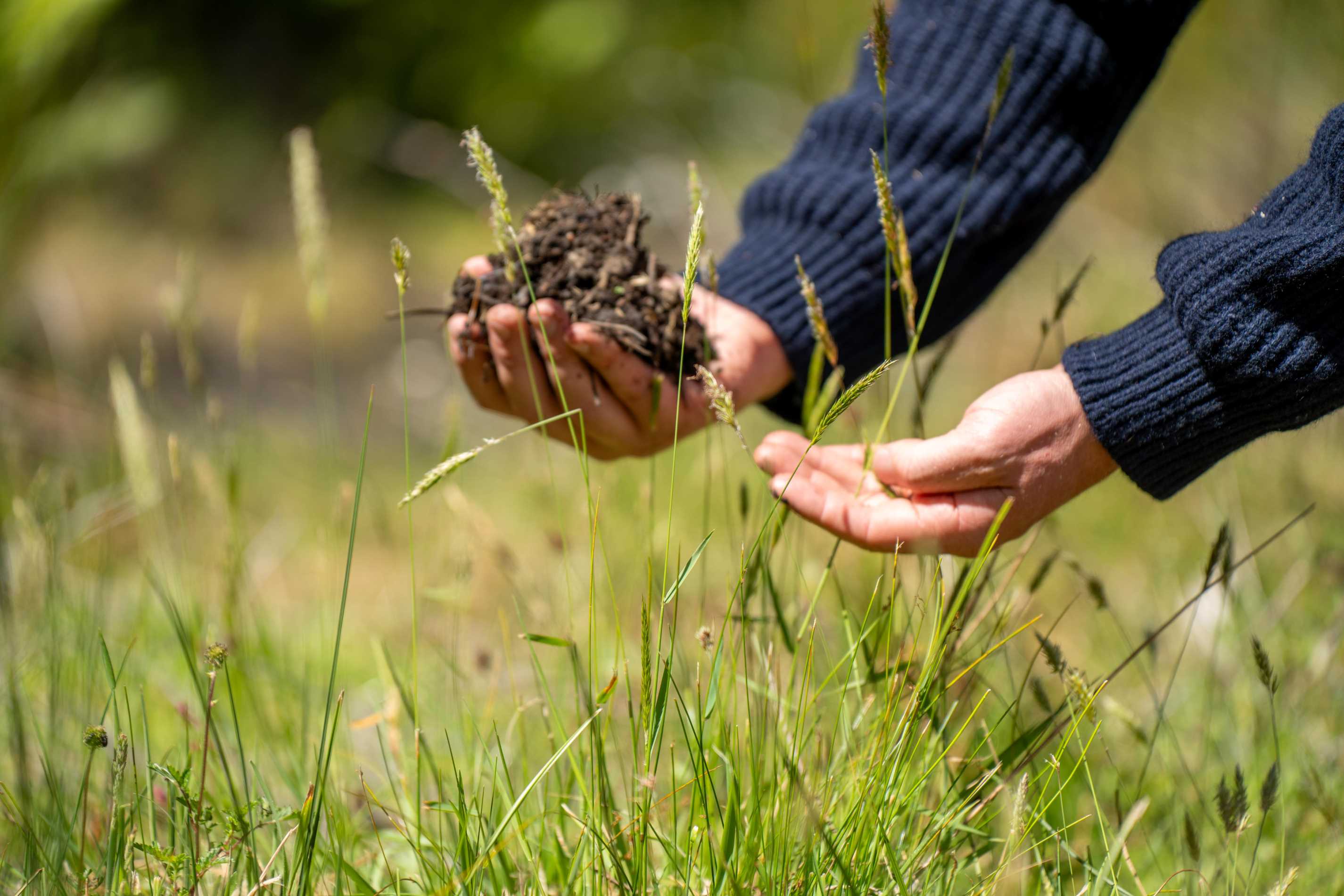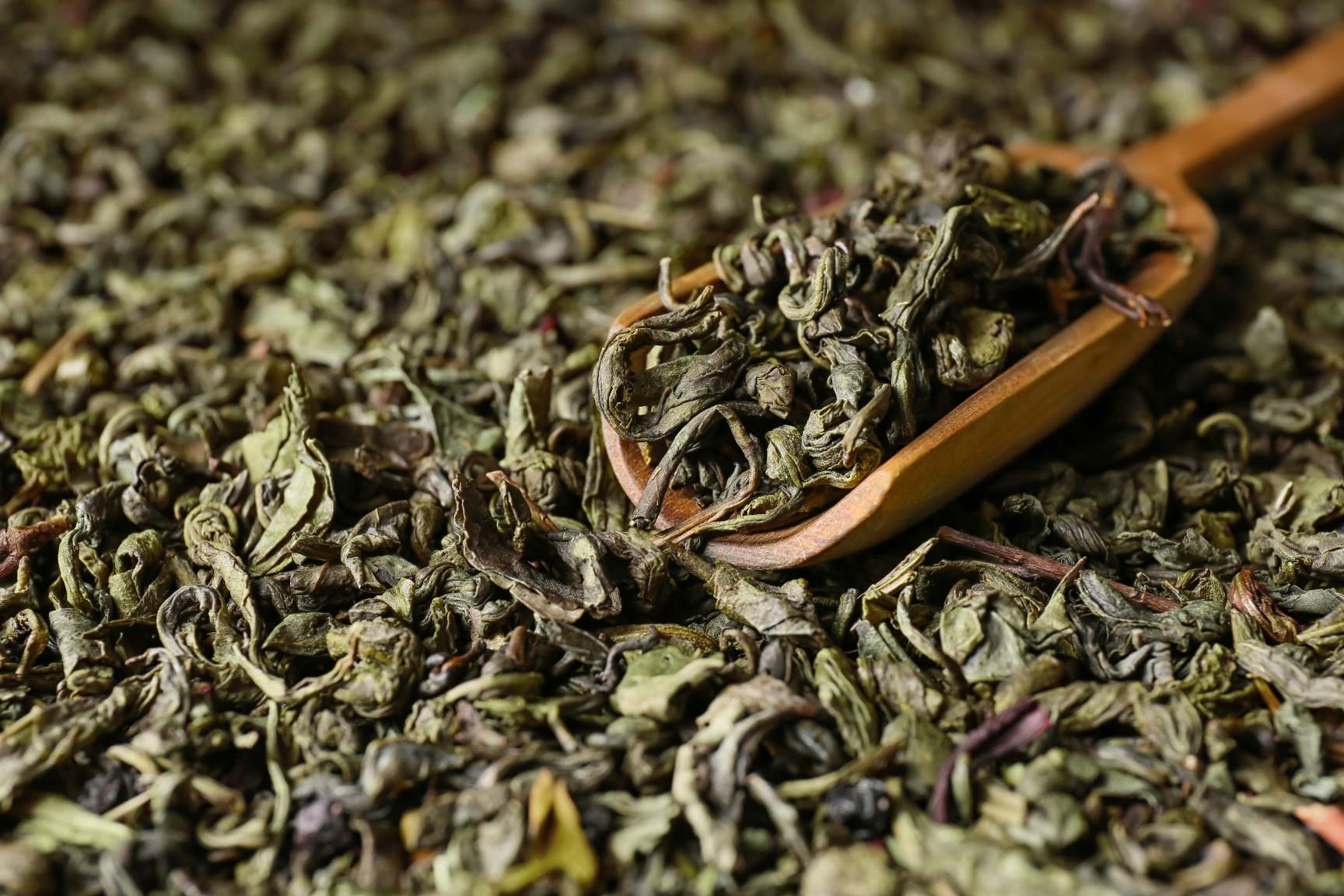
Isn't it tea? The surprising world of "tea"
Introduction
When parting with a friend, we promise to meet for tea again.
"Would you like to have some tea?" is an invitation to take a break.
These are words we all use frequently, regardless of age.
However, what is actually being drunk here is not necessarily "tea" and can be anything. In fact, it is rare to enjoy real Japanese tea, and coffee and fancy lattes are often lumped together as "tea."

So, is this usage incorrect?
Are only green tea, black tea, oolong tea, and other types made from tea leaves of the Camellia genus in the Theaceae family "real tea"?
In Japan, drinks made by steeping plant leaves in hot water are generally called "tea," and there are many different types of "tea," such as mugwort tea and persimmon leaf tea.
However, strictly speaking, these drinks are different from "tea" made from the leaves of the tea plant.

Definition of "Tea"
"Tea" refers to a drink made from the leaves and buds of the tea plant, which belongs to the Theaceae family, Camellia genus, and includes Japanese tea, black tea, and oolong tea.
On the other hand, mugwort tea and herbal tea are not strictly "tea" because they are made from different plants.
So why did these drinks come to be called "tea"?
This is thought to be because tea has been a popular drink for a long time, and that image has spread to other drinks as well.
In other words, the word "tea" came to be used in a broad sense to mean "a drink made by steeping plant leaves in hot water."

"Tea" and "other tea leaves"
In national production and consumption statistics compiled by the Ministry of Agriculture, Forestry and Fisheries and the Ministry of Internal Affairs and Communications, things made from tea leaves are classified as "tea" and other things as "other tea leaves."
By the way, since genmaicha is made by mixing tea leaves with brown rice, it is classified as "other tea leaves."

The appeal of "tea that isn't tea"
"Non-tea tea" allows you to enjoy the unique flavors and benefits of each plant.
For example, mugwort tea has the effect of warming the body, persimmon leaf tea is rich in vitamin C, and the refreshing aroma of herbal tea has the effect of regulating the autonomic nervous system by acting on the brain, so they are expected to have a variety of health benefits.
Another appeal of "tea that is not tea" is that you can enjoy it with a sense of the season.
You can enjoy different types of tea with each season, such as cherry leaf tea in the spring, barley tea in the summer, and persimmon leaf tea in the fall.

summary
The word "tea" is used in a broader sense than we might think.
Other teas made from the leaves, flowers, fruits, bark, and roots of plants other than tea include barley tea, herbal tea, pigeon barley tea, hoe leaf tea, persimmon leaf tea, sweet tea, dokudami tea, mugwort tea, and aloe tea.
Although both are "tea that is not tea," they are drinks that allow you to enjoy the individuality of each plant.
Neither is right or wrong, but rather each drink has its own unique appeal.
By tasting a variety of drinks without being limited to the word "tea," we can make our diet more enjoyable and richer.
